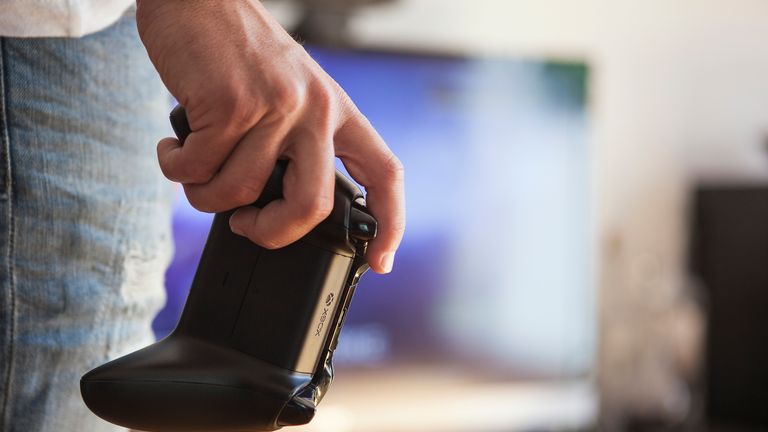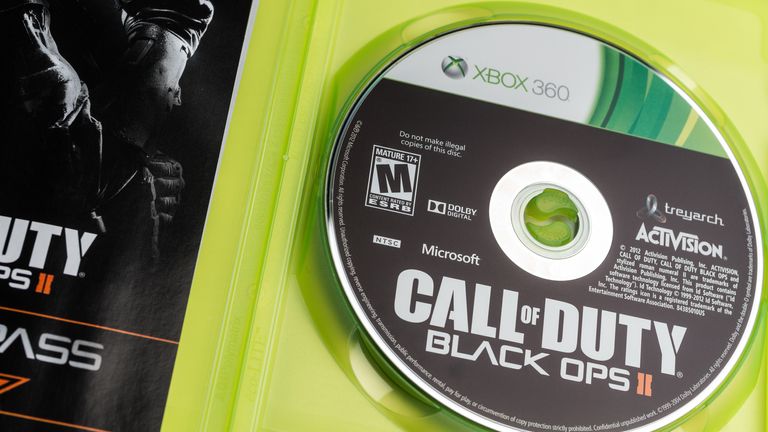James Good became addicted to gaming in his teens and it impacted every aspect of his life including his mental and physical health.
Writing for Sky News, Mr Good, who now works with the Game Quitters support organisation, reveals how he overcame his addiction and how to tackle this growing issue.
My journey into gaming began when I was three or four years old.
Every now and then we'd get my dad's old consoles out and play as a family, it was a special event that we all did together.
Fast forward 12 years and the world of video games exploded due to the rise of online gaming.
Advertisement
That's when I started developing a problem.
I became consumed by games such as Call Of Duty, Halo and Skyrim.
More from Opinion
I'd come home from school and play these games until I went to bed, but I never thought that I had a problem.
Despite all of this, I still managed to do well at school and went on to study physics at university.
It wasn't until I went off into the world on my own that I started developing issues. Suddenly I had all of this freedom, with no one telling me to get on with my work.
As a result, I soon found myself spending most of my day playing video games, and then completing my coursework in the early hours of the morning. Sometimes as late as 3am.
At one point I even played a game for 32 hours straight without eating, sleeping, or leaving my room.

Roughly two years into university, I decided that enough was enough.
My relationships were suffering, my mental and physical health were declining, and I was just in a really bad state.
I started looking at what I could do to fix it, and after some searching around I came across Game Quitters.
Suddenly all of my problems were there in front of me, staring me straight in the eyes.
Everything that Cam Adair – the founder of Game Quitters – had written made perfect sense to me. It was as if he had lived the same life I had.
I quickly embarked on the 90-day game-free detox and documented my progress in a daily journal on the Game Quitters forums.
Within weeks my entire quality of life improved. I was healthier, more active, happier and productive.
I took up photography and read more books, my grades increased and I also started regularly going to the gym.
However, after the 90 days were up, I still missed gaming. So, I thought I'd try to play in moderation.
Within a week, I was back to my old habits. I was gaming for 60+ hours a week, and everything I'd worked hard towards over the last three months suddenly disappeared. I was back to square one.

I battled with gaming on-and-off over the next few years, after never managing to finish university, up until roughly eight months ago.
In July 2018, I embarked on a three-week expedition to the Canadian Yukon with the British Exploring Society.
To say that this was life-changing is definitely an understatement. I was suddenly hopeful for the future.
I arrived back in the UK, deleted every game and gaming related account permanently off my devices, and got to work building a new life for myself.
Within six months of quitting my old job, I became a full-time web developer, writer, and photographer.
I'm proud to say that I haven't touched a video game in the last eight months, and am now working directlyRead More – Source
[contf] [contfnew] 
Sky News
[contfnewc] [contfnewc]







